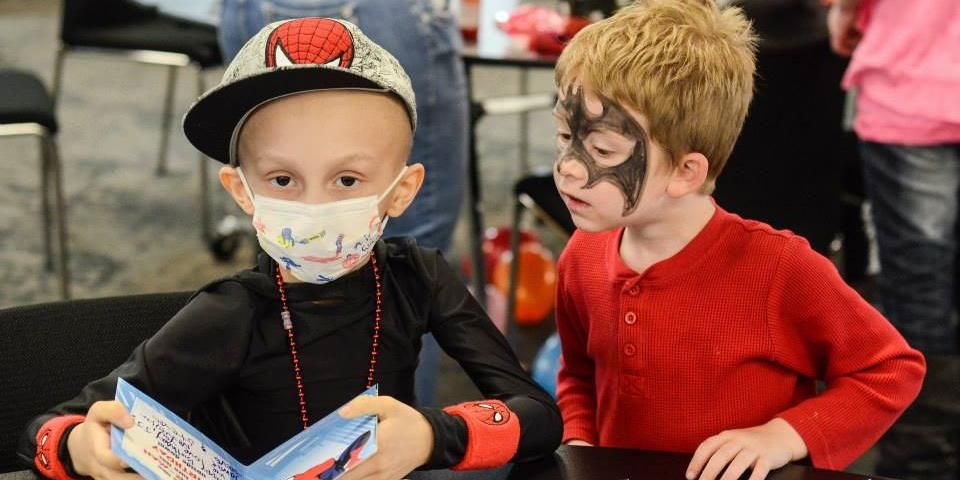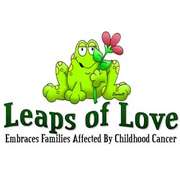4 FAQ About the Late Effects of Childhood Cancer

Because cancer is an aggressive disease, the treatment must be equally—if not more—aggressive. Examples of such treatments include radiation, chemotherapy, stem cell transplant, and surgery. While some combinations of these modalities can halt cancer in its tracks, they're not without long-term side effects. Also called late effects, such repercussions are especially common among those who fought childhood cancer because they were still developing physically, cognitively, and mentally when they fell ill.
FAQ About Childhood Cancer’s Late Effects
What are some of the most common late effects?
Cancer treatment can cause number of long-term problems for developing children. Some of the most common side effects include cognitive impairment, abnormal bone growth, hypothyroidism, hearing loss, vision problems, dental issues, fertility complications, and organ damage. The risk of developing one or more late effects increases as time passes. Among adults who were treated for childhood cancer, between 60% and 90% develop one or more chronic health conditions as a result of late effects.
How can parents prevent late effects?
Because every cancer battle is unique—and somewhat unpredictable—there’s no standard approach for preventing late effects. By taking your child to all followup appointments, though, you’ll help doctors identify any minor issues and address them before they turn into major problems. Since late effects may not develop until adulthood, however, it’s also important to teach your child about leading a healthy lifestyle. For example, exercising regularly and eating a balanced diet may reduce the severity of any late effects that arise decades after undergoing treatment.
What kinds of factors contribute to late effects?
Whether your child develops late effects will depend on a number of factors, including the type of cancer he or she had and the kinds of treatments used to combat it. The location of the cancer and the child's age and general health when treatment began will also influence potential late effects.
Which treatments are commonly associated with which effects?
Because each cancer treatment impacts the body in different ways, every procedure is associated with its own set of late effects. For example, chemotherapy tends to cause dental issues, hearing loss, and nerve damage, while radiation might leave patients with hypothyroidism, infertility, and memory problems. Because medical science has some understanding of the effects most commonly associated with each treatment, your child's doctor can monitor him or her closely for all the likely issues, thereby ensuring prompt intervention—and a potentially promising prognosis.
If your family’s been affected by childhood cancer, turn to the compassionate team at Leaps of Love, Inc. in Highland, IL. Serving patients and their loved ones throughout the St. Louis metropolitan area, this organization offers a number of resources for those who are facing one of life’s toughest challenges. Their primary mission is to provide affected families with strength, hope, and encouragement during such a trying time. To learn more about their many programs, visit their website or call (618) 410-7212.
About the Business
(4 reviews)
Have a question? Ask the experts!
Send your question

